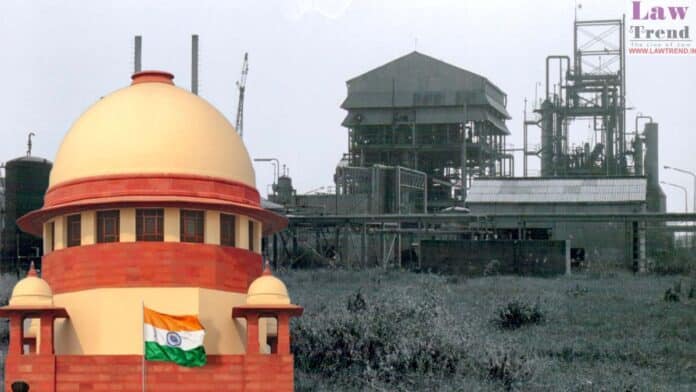The Supreme Court on Thursday declined to entertain a plea alleging that several seriously injured survivors of the 1984 Bhopal gas tragedy were under-compensated due to misclassification of their injuries as “temporary disablement” or “minor injury.”
A bench comprising Chief Justice of India B.R. Gavai and Justice K. Vinod Chandran gave liberty to the petitioner organisations to approach the jurisdictional high court for appropriate relief, while making it clear that the top court was not expressing any opinion on the merits of the matter.
“Decades have already gone by. Do we possess the expertise that a person should have been classified in A category or B category?” the bench remarked during the hearing, signalling its reluctance to delve into reclassification of claims made under a decades-old scheme.
The plea had sought directions to the Centre and the Madhya Pradesh government to re-examine compensation claims under the Bhopal Gas Leak Disaster (Processing of Claims) Act, 1985. The petitioners alleged that numerous victims suffering from severe ailments like cancer and kidney failure were wrongly classified under less serious categories, resulting in lower compensation.
The petitioner’s counsel clarified that the prayer was limited in nature and did not seek to reopen settled claims, but only asked the authorities to identify and compensate survivors who were underpaid due to alleged misclassification.
The 1984 Bhopal gas tragedy, caused by a leak of methyl isocyanate from the Union Carbide factory, killed over 5,000 people and left more than half a million injured. It remains one of the world’s deadliest industrial disasters.




